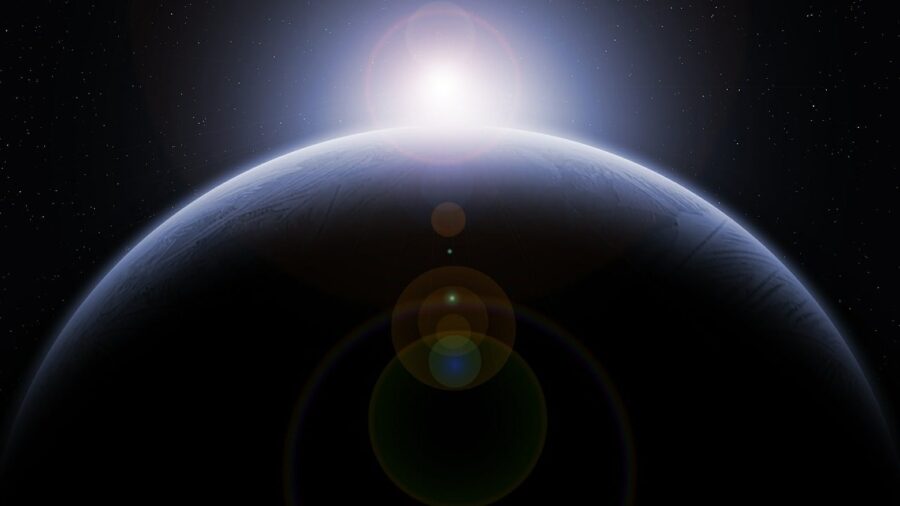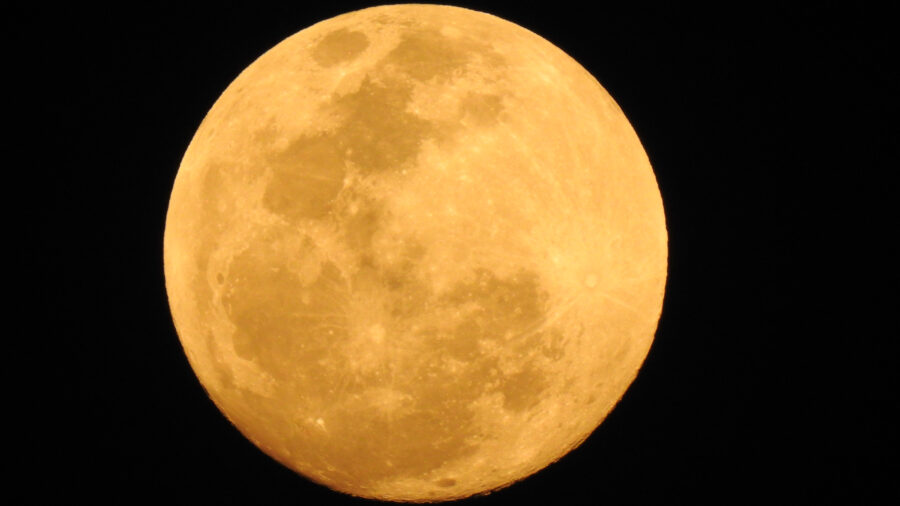NASA worries China may annex the Moon as it has islands in the South China Sea.

Ever since the earliest discoveries of water on celestial beings in outer space, NASA has had a vested interest in maintaining its position as the world’s foremost extra-planetary researcher. According to a recent write-up in El Pais, NASA head Bill Nelson has expressed fears regarding China’s access to the moon, and the water that may be lurking just beneath the surface of the satellite. Nelson explained during a recent trip to Spain to sign a document known as the Artemis agreements, which act as a shared series of common sense laws dictating the proper procedure in outer space protocol, that protecting the moon water from the grips of the Chinese government was a significant priority.
China has already made a series of public announcements regarding their plans to send astronauts to the moon as early as 2030, alongside a host of other major space exploration plans laid out by the country as their rapidly developing space-age technology continues to move forward. This apparently frightens NASA analysts such as Bill Nelson, who likens the perceived treatment China may utilize on the moon to the nation’s annexation of islands across the South China Sea. If nations begin sectioning off bits and pieces of the moon to claim as their own, this could be a significant problem for everyone in the scientific community.
Of course, some researchers feel that NASA’s fears regarding China’s moon mission are misplaced, as the nation has already shown its ability to cooperate with other countries for the good of science in neutral zones such as Antarctica. While a number of nations with little to no military capability, such as Argentina, Chile, New Zealand, and Norway claim to own territory in the frozen tundra, most civilized nations of the world have agreed to the Antarctic Treaty originally drafted in 1959, which dictates the peaceful use of the continent as a safe zone for science and research purposes. While China has focused its efforts on rapidly expanding its influence across the world in recent years, there seems to be no concrete reason to suspect the nation will engage in foul play on the surface of the moon.

Of course, the fear of what may happen often overshadows the possibilities of what is likely to happen, causing many researchers to harness their energy toward the possibility of a NASA vs. China space race to the moon. This seems to be the most likely outcome after Nelson’s comments during the Artemis agreements signing, which suggest in no uncertain terms that NASA has plans to beat China to the moon and position a number of robotic research vessels on the surface of the satellite to search for the water in question.
If such water exists, NASA and other space-exploration companies could utilize the moon as a sort of intergalactic refueling station, processing the water into usable rocket fuel, which could provide humanity with the ability to explore the deepest reaches of our solar system previously seen only using advanced space telescopes. With a new-age space race seemingly heating up, perhaps it won’t be long before we finally land a human being on another planet or push the boundaries of science even further. For now, we’ll have to wait and see.
